|
Did you know that various food ingredients and foods found in the United States are actually banned in other countries? Indeed, some nations have found the following foods so bad for your health that they have made them illegal, yet the US Food and Drug Administration says to eat up!
Here are 6 foods you might want to avoid as other food watchdog agencies had enough sense to ban them:
1. Olean (Olestra) Found in ‘Fat Free’ Foods
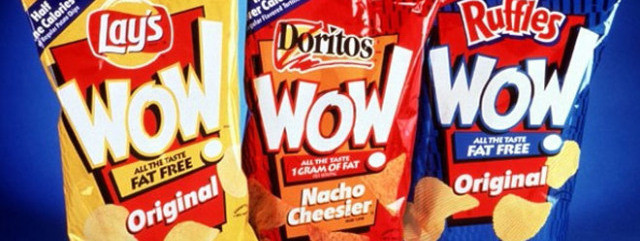 Image from: www.qz.com/197458/those-gut-wrenching-olestra-chips-from-the-90s-might-have-been-good-for-us/ Many Americans get suckered into eating olean, also known as olestra, because they purchase fat-free foods hoping to get their junk food fix without the extra calories. The only problem is that olean isn’t processed by the human body, and can lead to diarrhea, while interfering with the absorption of important fat-soluble vitamins such as A,D, E, and K. Go for some baked potato chips if you’re looking for a healthier chip option, and just skip the olean.
2. Farm-Raised Salmon
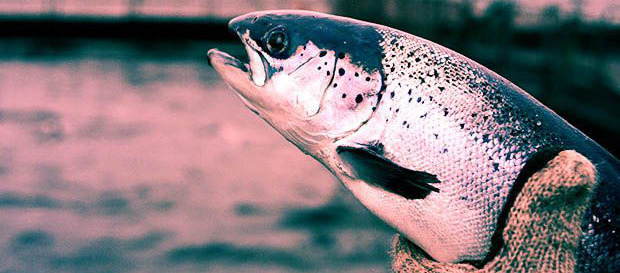 Photo: Rogan Macdonald/Getty Images; design: Lauren Wade Australia and New Zealand have banned farm-raised salmon because most of them are bred with lots of antibiotics. If you haven’t heard, antibiotic resistance is on the rise, and it is partly due to toxic chemicals like glyphosate, but especially due to antibiotic overuse in our food.
Farm raised fish are also pumped full of chemicals to make them grow bigger faster, and even to be a more pleasant color to consumers – so when you eat farm raised salmon, you are eating a whole lot more than just fish.
3. Drinks Made with Flame-Retardants
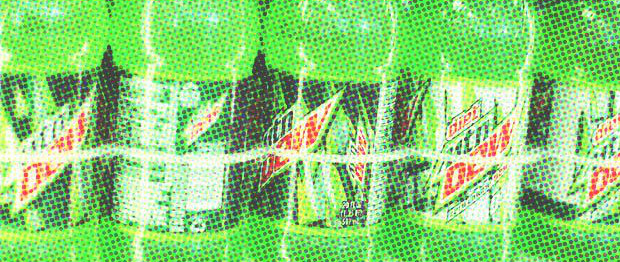 Photo: David McNew/Getty Images; design: Lauren Wade It sounds pretty disgusting, doesn’t it? Europe and Japan have banned drinks that contain brominated vegetable oil (BVO), used in the US in products like Mountain Dew in order to keep the ‘citrus’ flavor evenly distributed throughout the soda.
Originally, chemical companies made BVO as a flame retardant. It can cause reproductive problems, depress the nervous system, interrupt the endocrine system, and create behavioral problems (especially in children). Maybe think about skipping anything containing BVO. Do you really want to drink flame retardant anyhow?
4. 160 Countries Banned Ractopamine Meat
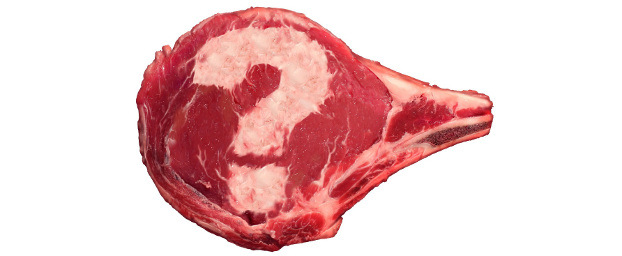
While banned in many nations, the US FDA says this drug is just fine. Ractopamine is a drug used to reduce fat content to create leaner meats in pigs, cattle, and turkeys. The US doesn’t test for this chemical in our meat, even though it causes chromosomal changes, heart disease, hyperactivity and more. You know this stuff is vile if almost everywhere BUT the US has banned it.
Want to avoid it? Grass-fed beef is naturally lean, and is a much better alternative.
Read: 6 Banned Ingredients Sold in the U.S.
5. Milk and Dairy Containing rGBH

This hormone given to dairy cows to make them produce more milk is so vile that the EU, Canada, Israel, New Zealand, and Australia have all banned it – a total of 27 countries have in fact said that they will not put Monsanto’s genetically engineered hormone in their dairy products.
The synthetic hormone is created using molecules and DNA sequences that are a result of molecular cloning, which has been linked to breast and gastrointestinal cancer.
6. Genetically Modified Organisms
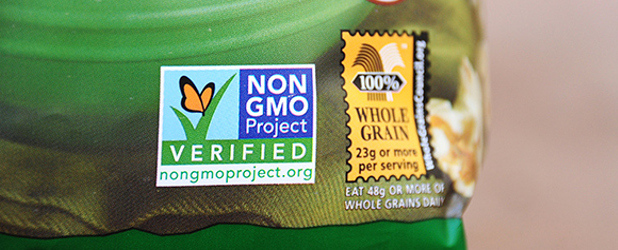 Photo credit: AFP Photo / Robyn Beck The list of foods that contain GMOs in the US is long, while hundreds of countries have bans on GMOs. The US is one of the only industrialized nations that doesn’t at least label. A minimum of 165 million acres are currently planted with GMOs in the US. In Europe all products containing more than .9 percent GMO are labeled as such – but no such luck in the US!
Thankfully, this is changing. Vermont just won a labeling victory and other states are likely soon to follow.
Follow us: @naturalsociety on Twitter | NaturalSociety on Facebook
|